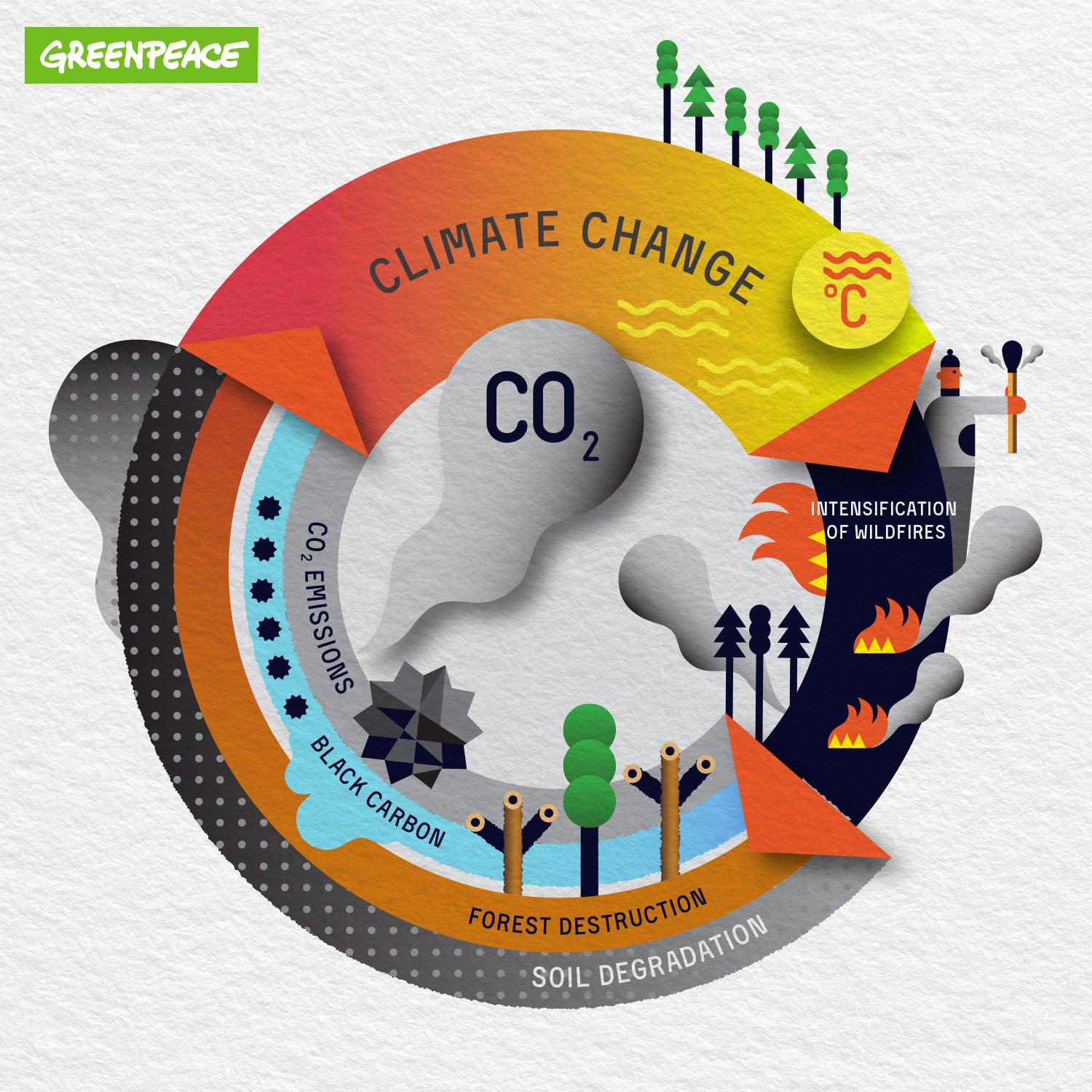The Importance Of Eating Less Meat
- ScienceNerd14

- Aug 16, 2019
- 3 min read
No solution is ever going to work for every person on the planet. For some people, meat is key to their survival, when they lack options. Other people have allergies and dietary restrictions and conditions where meat is important to their diets. However, for those of us who sink our teeth into burgers at barbecues without thinking ...we should be thinking.
Many people believe going vegetarian is for those "animal-lovers" and "tree-huggers." And yes, this is true! Animals are part of the environment and a part of the Earth that we should love deeply. While you should care about nature and respect the Earth in general, you don't have to make it the main focus of your life to go vegetarian.
It's really not asking much. It may take a little more effort on your part to get your necessary protein intake, but it's worth it after all the damage we have done to our planet. If the world went vegan or vegetarian, or at least most of it, it could do so much in saving the planet.
People who have the attitude "we'll let others deal with it" are in for a shock. We are the last generation that can do something about climate change.
Back to the main idea, many do not realize that going vegetarian is good for the environment! Yes, it's obviously beneficial to animals that are a key part of the environment, so therefore it is benefiting the environment that way already...but it can actually decrease greenhouse gas amounts by far.
Becoming vegetarian (with respect to those who are unable to for a variety of reasons) is one of the most important steps a person can take to stop global warming.
You can drive less, take shorter showers, and do it all- but being vegetarian is one of the most important decisions an individual can make for themselves.
I went vegetarian after learning about how animal agriculture causes global warming.
Deforestation, as you learned about in the last chapter, produces much carbon dioxide, which warms the atmosphere.
Animal agriculture is also a source of other greenhouse gasses such as methane, which cattle and other livestock (ruminant livestock) produces. It is more potent than carbon dioxide and also contributes to climate change in heavy amounts.
Beef takes more resources to produce and also the animals that produce meat also produce methane.
Eating vegetable produce reduces greenhouse gas emissions. In fact, potatoes, rice, and broccoli produce 3-5 times lower emissions than an equivalent amount of poultry and pork.
It's more efficient to grow a crop and eat it than feed it to an animal and have to wait for it to build muscle and then eat it.
If you were wondering how cattle and other livestock produce methane, it is because they are ruminant animals.
Ruminant animals have a digestion system where partly digested food is chewed again to soften it. In the rumen part of the digestive system of these animals, bacteria digests plants into fatty acids and can produce carbon dioxide and methane.
Therefore, being a vegetarian is easy for those of us who don't have other restrictions! Going vegan is even better, but going vegetarian can make a huge difference. Doing it is effective, and is one of the steps you can take to stopping global warming. Spread the word, as well! If people knew these facts, they would be more likely to become vegetarian, as they should.
Sources: https://skepticalscience.com/animal-agriculture-meat-global-warming.htm
https://www.nrdc.org/stories/how-you-can-stop-global-warming




Comments